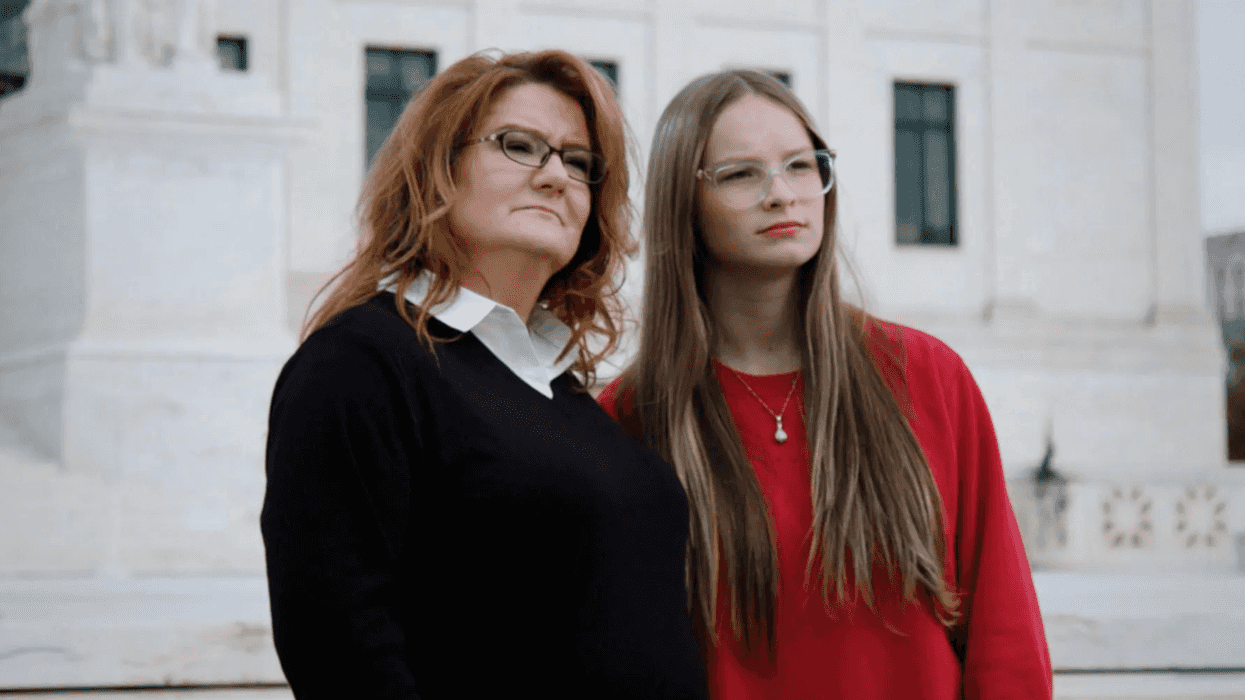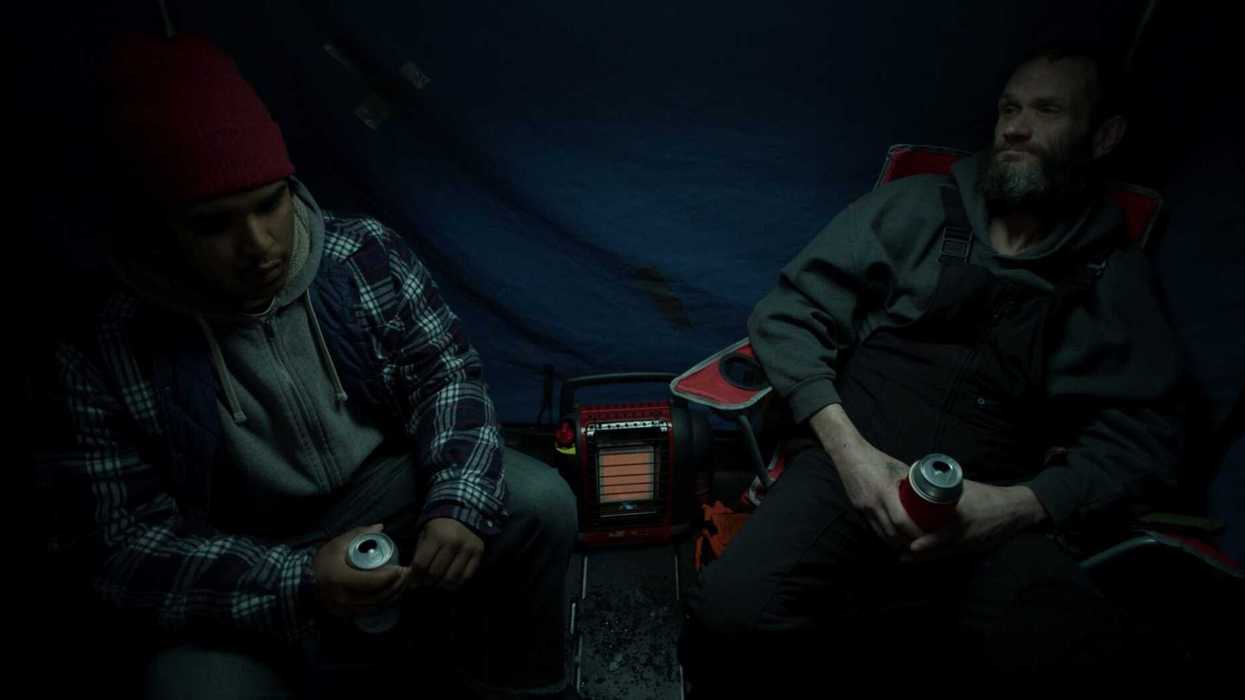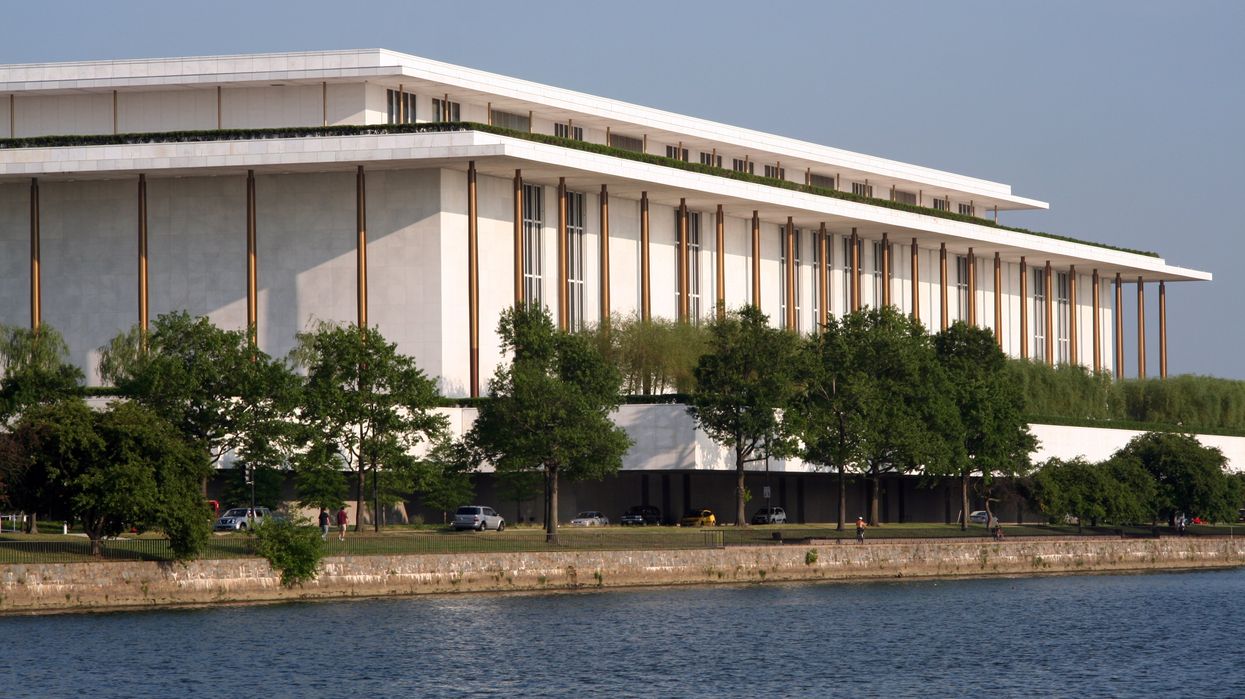Weston is executive director of the Fierce Civility Project and the author of "Mastering Respectful Confrontation."
Joe, thanks for your column.
I've just moved to a new area, and by the looks of the yard signs around here I'm guessing it's pretty "red" overall.
Since I'm a democratic socialist, but also a person who wants to respect others and build bridges, my outreach idea with the neighbors was to go with the classic "bring a baked good to their house and introduce myself" thing. From there, I was just going to focus on common values if polarized topics come up, and hope for the best.
Do you see a more proactive approach? Or got any ideas for bridge building when the relationship is brand new?
Thanks again,
New-to-Rural B.
Hello New-to-Rural B.,
Thanks for your letter. And thanks for sharing your strategy for introducing yourself to your neighbors. I think you have a pretty good proactive approach that certainly starts the process of building relationships with your neighbors — especially if you go with homemade baked goods! ☺
Honestly, that could be the end of my response and advice based on the information you have presented. Remember the days when a pie and a pleasant "hello" really was enough to proactively build the foundation for an amical, neighborly relationship?
But I am going to assume, based on the questions that you ask, that you are anticipating a problem with your neighbors. I often find that if you are looking for a problem, you will find a problem. Perhaps focus on relationship building, and wait on bridge building until that circumstance presents itself? Bottom line: Build trust.
From a neuroscience lens, while you will all be exchanging niceties with smiles, small talk and pie, the fight-flight-freeze survival part of their brain will be sensing on a non-verbal, unconscious level the vibe and attitude you are giving off — detecting if you are "safe" or not. Why? I would imagine that the most important priority for measuring someone new to the neighborhood is not who they voted for, but if they will feel safe in their home with you nearby. Remember, you are the "outsider" and the one who could be perceived as different.
If you are open and inviting, that part of their brain will register that you are "safe," setting up a deeper opportunity for a friendly relationship based on trust, and making the difficult conversations that may come in the future less reactive and easier to navigate. Imagine how the relationship will unfold if you step into the first engagement with them with any sense of opposition or righteous judgment. That would lock in an unconscious feeling that you are "unsafe." This feeling will be very difficult to alter moving forward.
It sounds like you haven't met your neighbors yet and you are basing your viewpoints of them on their yard signs. Perhaps the proactive strategy is to get to know them before you draw your conclusions, and give them the benefit of the doubt. From the perspective of Fierce Civility, the problem begins the moment you give yourself only two options in any given situation and then, unnecessarily, pit those two options against each other — like red and blue. Remember that in most elections, there are really only two choices, even though the viewpoints and beliefs of members of one political party may perhaps need 12 candidates to cover the spectrum of where they all stand politically. In other words, there are many shades of red and blue.
We are all more than who we vote for and our political beliefs. Think of the multitude of ways you can engage and find common ground with your neighbors. Your instinct is a healthy one — base your relationship on common values. However, instead of stating your values, simply "be" them. Initiating contact and bringing a gift already says a lot about who you are and what you value most! Perhaps, for this first encounter, let that be enough, and continue to come up with ways in the future to demonstrate your values.
I share over and over again that the No. 1 priority of our time is to seek out and build alliances in surprising places. The more we engage with those who hold different views, the quicker we soften the rigidity of the current state of extreme polarization. By moving to a new area with many of "them," you have set yourself up for doing the noble work of our time, whether you like it or not.
Stay courageous and generous,
Joe
"Ask Joe" is dedicated to exploring the best ways to transform tensions and bridge divides. Our resident advice columnist and conflict resolution specialist, Joe Weston, is here to answer your questions in order to resolve tension, polarization, or conflict.
Learn more about Joe Weston and his work here. Make sure to c heck out Joe’s bestselling book Fierce Civility: Transforming our Global Culture from Polarization to Lasting Peace, published March 2023.
To Ask Joe, please submit questions to: AskJoe@Fulcrum.us.




















